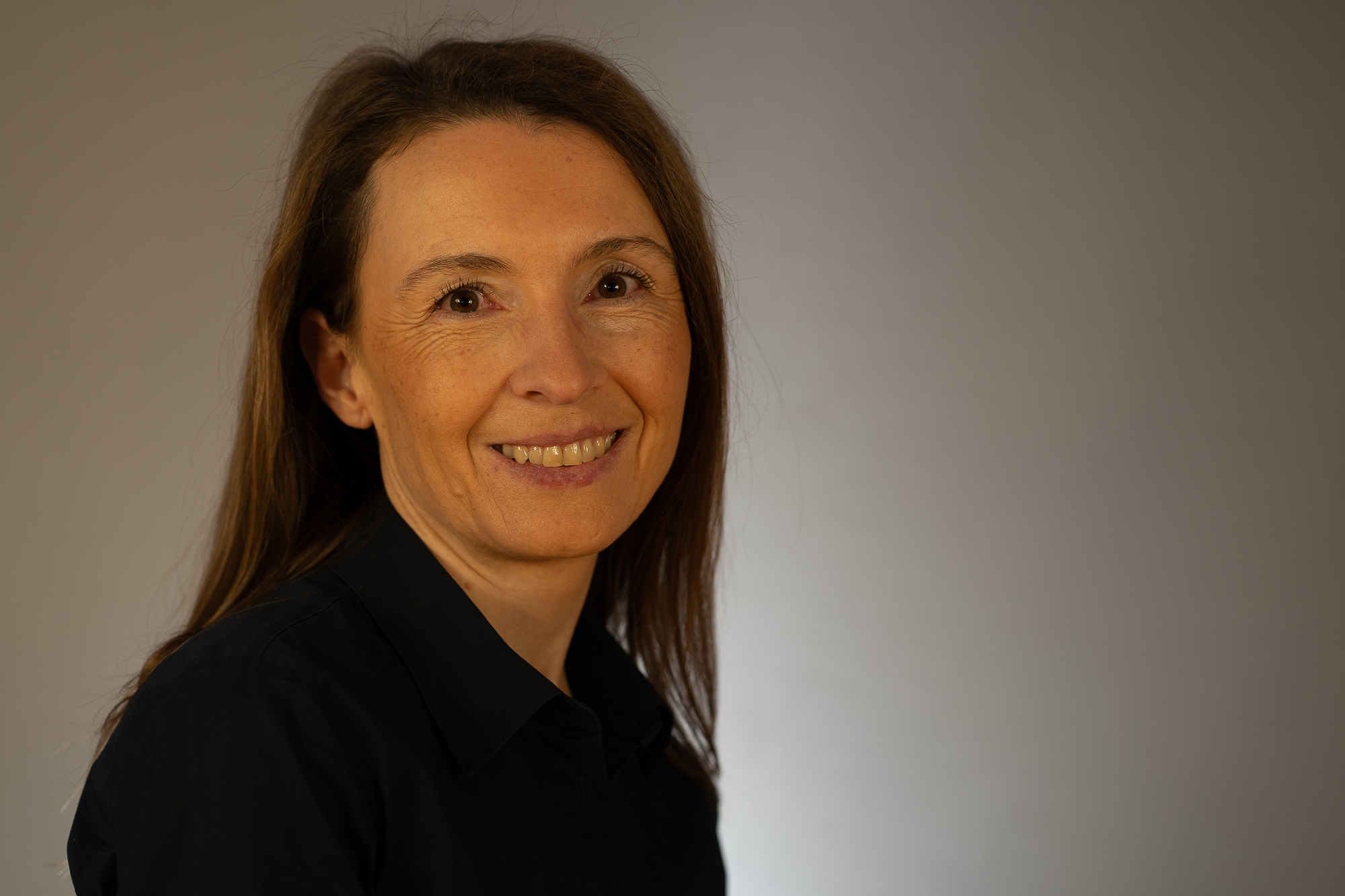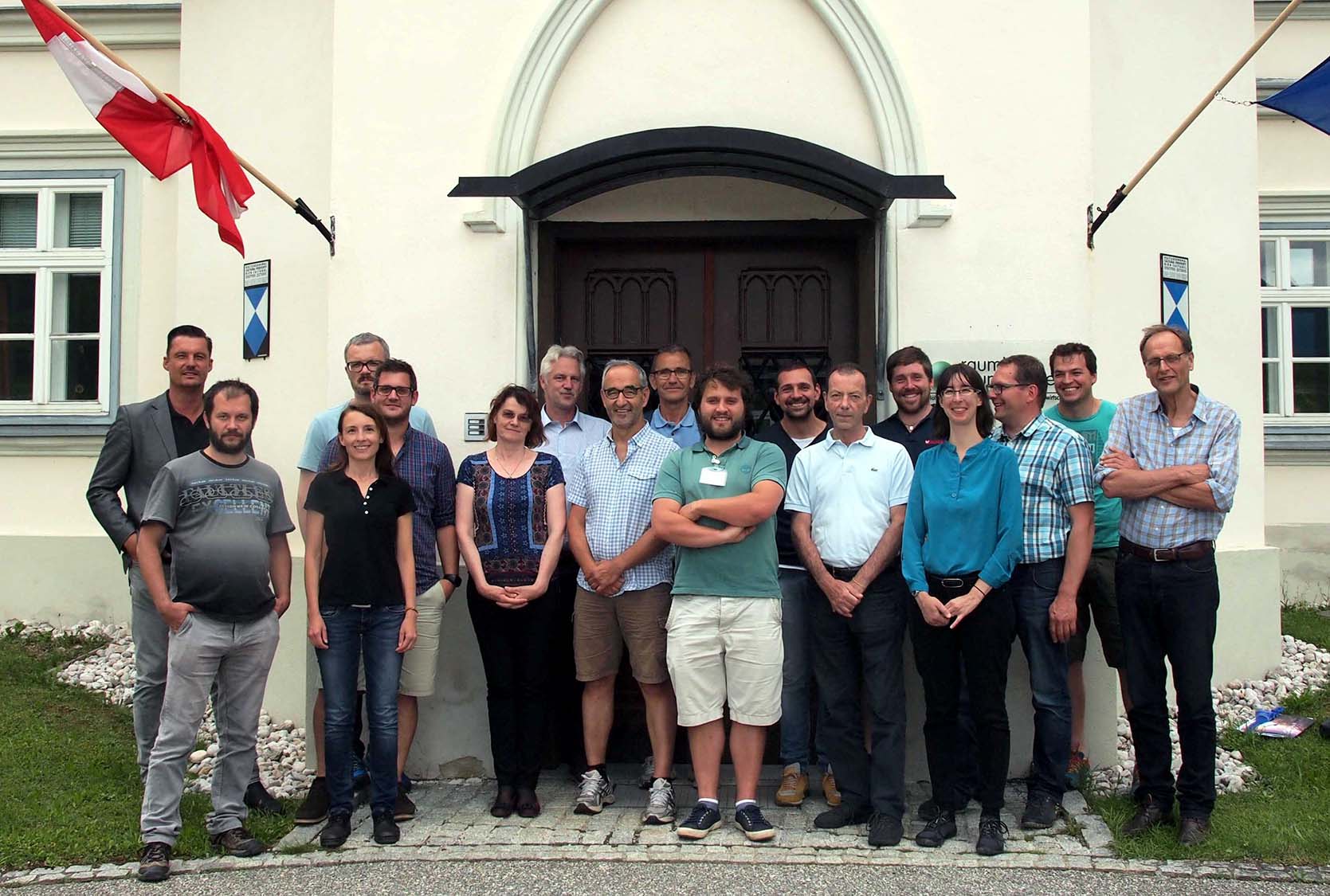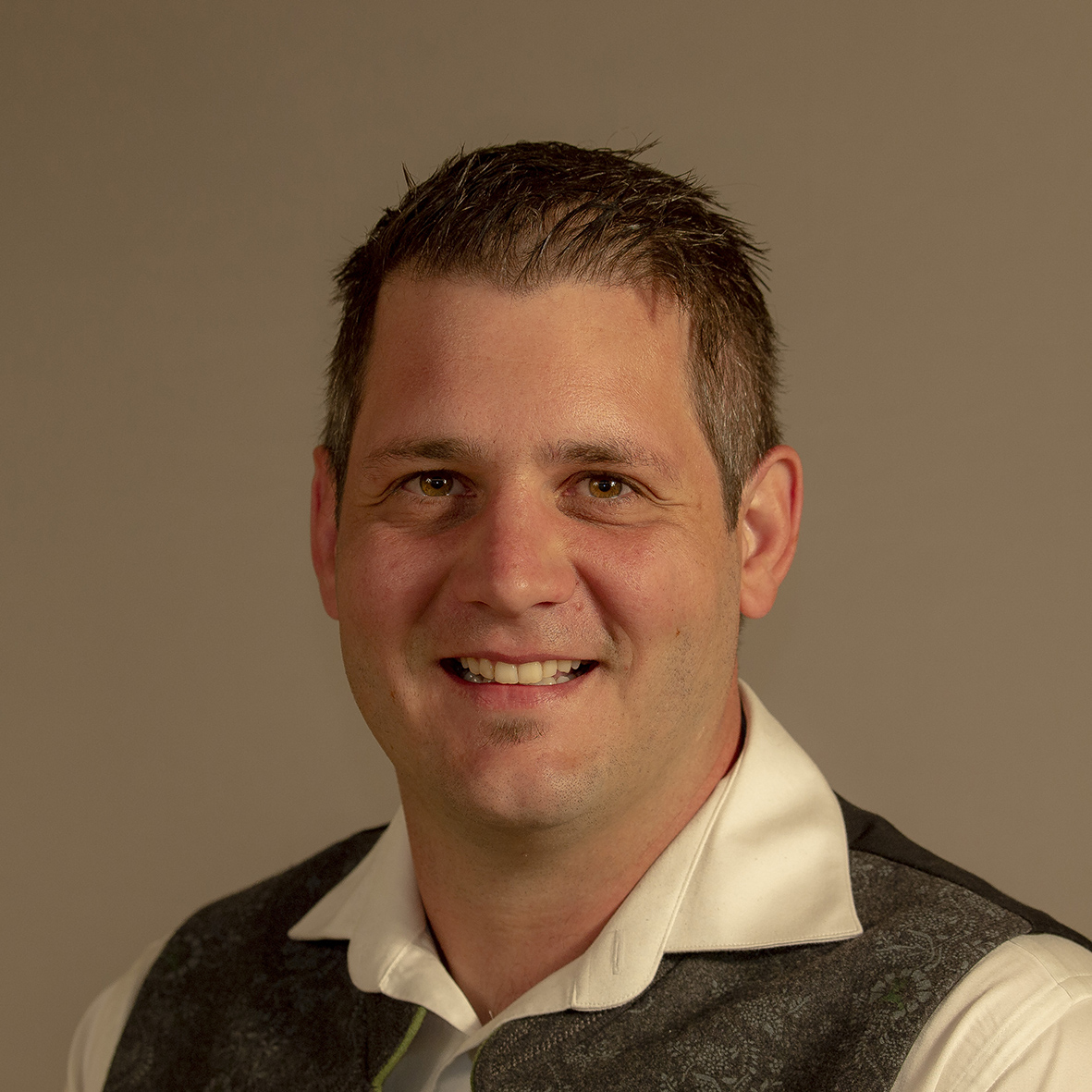The aim of this international research project was to develop and investigate cattle farming systems with free lying areas in terms of economics, animal welfare, animal health, environmental impact and social acceptance
Compost stables for dairy cattle are also becoming increasingly popular in Central Europe. The aim of the international ERA-NET SUSAN project “FreeWalk” was the further development and investigation of cattle farming systems with free lying areas with regard to economics, animal welfare, environmental impact and social acceptance. Two innovative housing systems – the compost barn and the “Cow Garden” – were compared with the conventional cubicle barn as a reference system. For this purpose, 44 pilot farms from six countries (Austria, Germany, Italy, Slovenia, Sweden and the Netherlands), which are divided into 22 compost barn systems and 22 cubicle barns, were assessed using a holistic approach. The project consortium consisted of 11 partners from all over Europe, America and Israel. The final report presents a selection of the project results in collaboration between international scientists, including the results from the company visits in the Austrian sub-project.
Regarding animal welfare, there was a large variation in the prevalence of animal-related indicators between the herds studied and within the farming systems. However, there were differences in clinical indicators and lying behavior between the two posture systems examined. Good and bad management practices exist in both systems, but the compost barn has the potential to improve the welfare of dairy cows. Bacterial analyzes related to milk quality showed higher amounts of XTAS spores in the litter when the temperature is high and the moisture in the litter is low.
However, litter management should focus on low moisture content rather than high litter temperature, as dry litter keeps legs and udders clean and minimizes the risks of mastitis. The studies also showed that management in compost stables takes significantly less working time than in comparable cubicle systems. However, the time savings cannot compensate for the significantly higher bedding costs found in compost barns.
The ERA-NET SUSAN FreeWalk project produced a number of new findings and recommendations for the future keeping and management of cattle. The extensive results were described in several scientific publications and presented on a separate project website .








